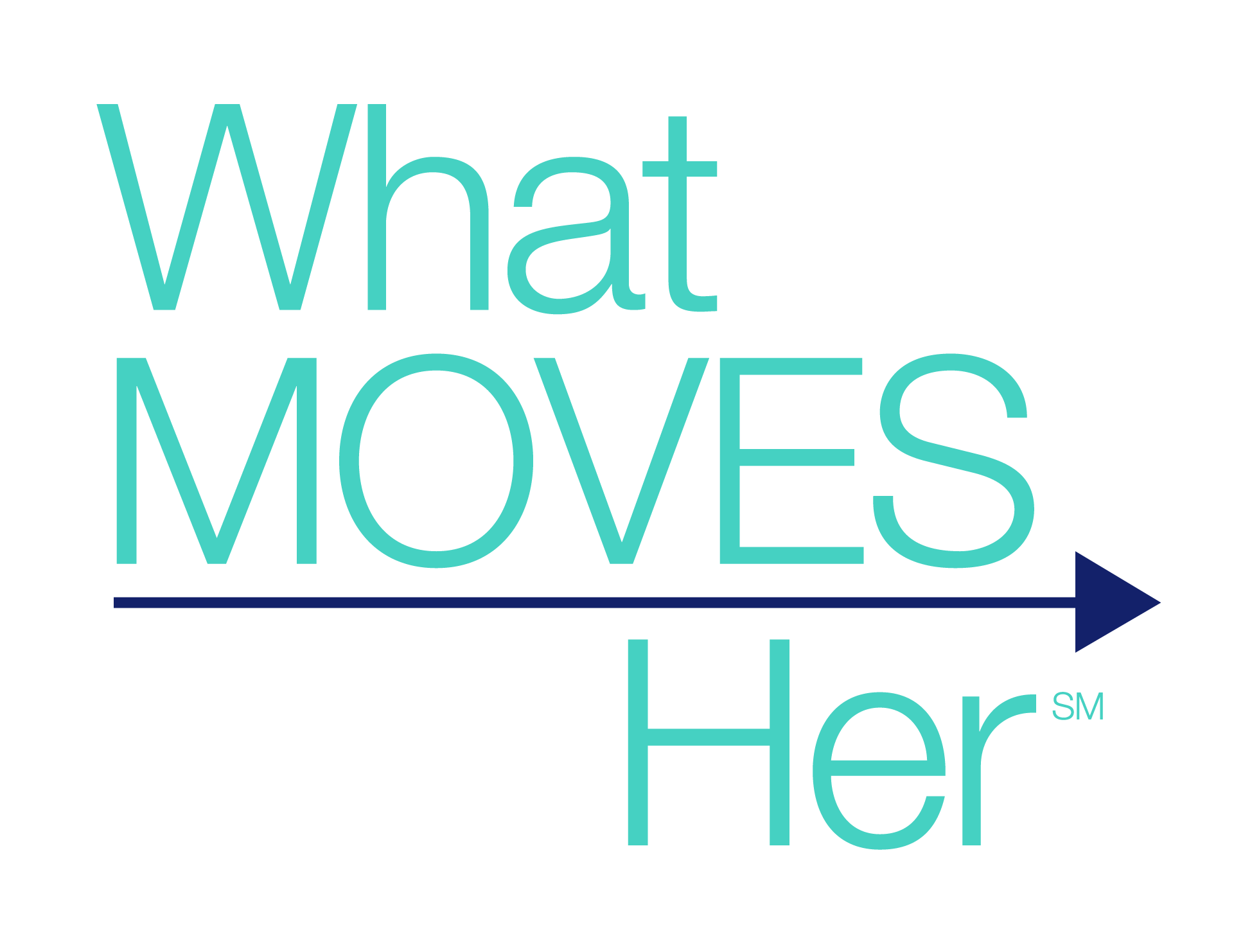After more than two years of social distancing and attending countless virtual events, it may not feel so natural to hit the ground running with in-person networking & events. For many of us, the idea of networking has always been anxiety-inducing – but that doesn’t make it any less essential.
As Forbes put it, “Even the most extroverted of social butterflies can admit that networking isn’t always fun. In fact, most people really don’t enjoy it, and that’s okay. Accept it and move on.”
Though networking can often seem like a chore, the fact remains that it’s something we all need to do in order to advance in our careers. In industries like real estate, it can be even more important as personal relationships are at the very heart of what we do. So while we may have gotten used to connecting in a digital world, check out these tips for networking when you’re out of practice.
The good news is, for those of us who don’t have the “networking gene” there are plenty of hacks you can use to change your mindset and fill your (virtual) rolodex.
- Have a plan
Start by figuring out who you want to connect with. Are you looking to enhance your sphere of influence for future goals? Are you trying to connect with more top talent to grow your brokerage? Whatever your goal may be, make sure you clearly think it through. Then, you have to put yourself out there. If you’re at an online conference, make a plan to connect with at least 3 to 5 people at the conference, and connect with them via LinkedIn. If you’re at a live event, make a goal to get at least five business cards. Which leads us to the critical step:
- Always follow up
Like much else in life, the rewards come with the follow-through. If you meet five people at an event, make sure you briefly follow up a day or two after you first connect. A quick email or note on LinkedIn will do just fine. It shows initiative, and gets you in the habit of doing the tough work of continuing engagement.
- Cultivate your current network
Networking doesn’t have to mean going out and meeting new people. Chances are, your current network could be way more valuable than you ever imagined, so work it. Get back in touch with an old colleague you haven’t spoken with for a while. Like or comment on someone’s LinkedIn post. Ask them about what they’ve been up to, what they’ve been doing to keep themselves busy. They’ll be glad to hear from you.
And if all this networking doesn’t pay off immediately, remember…
- Always think long-term
Networking is usually a long game, requiring time and patience. Immediate payoffs from networking are not as common as something suddenly popping up months, or even years down the line. A person you met at an event years ago could one day get in touch with you about an interesting offer. Think of your network like an oak tree. It gets larger and stronger with age.
Follow these four rules, and you’ll already be a step ahead of the competition…even if you detest networking. Which, judging by the amount of google hits for the phrase “networking for introverts” is most of the workforce. Unfortunately, many of these online resources don’t really understand what being an introvert actually means.
Networking for Introverts
Let’s correct a common misconception. An introvert is not necessarily someone who is shy or withdrawn—though they quite often are. Instead, the term describes where one gets their energy from. Extroverts get their energy from being around other people. Introverts get their energy from ideas.
A rule of thumb: If you leave a party feeling exhilarated and upbeat, chances are you’re an extrovert. If you leave a party feeling drained, and need time to recharge, you’re likely an introvert.
Now that we’ve got the definition straight, let’s talk about some strategies introverts can use for networking.
- Use your “superpower”
Since introverts get their energy from ideas as opposed to other people, place yourself in situations where you can use that to your advantage. Introverts are generally good listeners, so look for small group discussions, where your preference for discussing ideas can be put to its best use.
- Prepare questions in advance
Since small talk isn’t your strong suit, plan ahead. As the Kellogg School of Management at Northwestern University puts it, develop a repertoire of questions: conversation starters, follow-ups, and open-ended questions that give people room to elaborate. Once that ice is broken, conversations should flow much more naturally.
The Kellogg article lists some possible ideas:
What are your responsibilities? is a good opener to get people talking.
What is capturing your focus these days? would be a good example of a follow-up question that probes a bit deeper.
- Figure out who you should speak with
At industry events, it may be to your advantage to avoid striking up conversations with high-level CEOs or C-suite personnel. Instead, seek out peers, or someone outside your company. You could learn some new valuable knowledge that could benefit you at work.
For introverts, networking doesn’t have to be something to dread. You may not be a back-slapping schmoozer, but you have other strengths that far outweigh facile small talk. You’re a thinker. You’re a listener. You bring a unique, thoughtful perspective to any issue you tackle. In the end, that could be far more meaningful than you ever realize. But you’re going to have to put yourself out there. And that means networking in person.
Now it’s your turn
Do you have any tips for being more at ease when networking? Would you like to share your experience getting back to in-person events? Do you have a go-to line for striking up a conversation with a new connection?
Let us know. Email us at WhatMovesHer@realogy.com or share with us on Facebook, LinkedIn or Instagram. We want to hear your thoughts.





Subscribe
JOIN OUR LIST